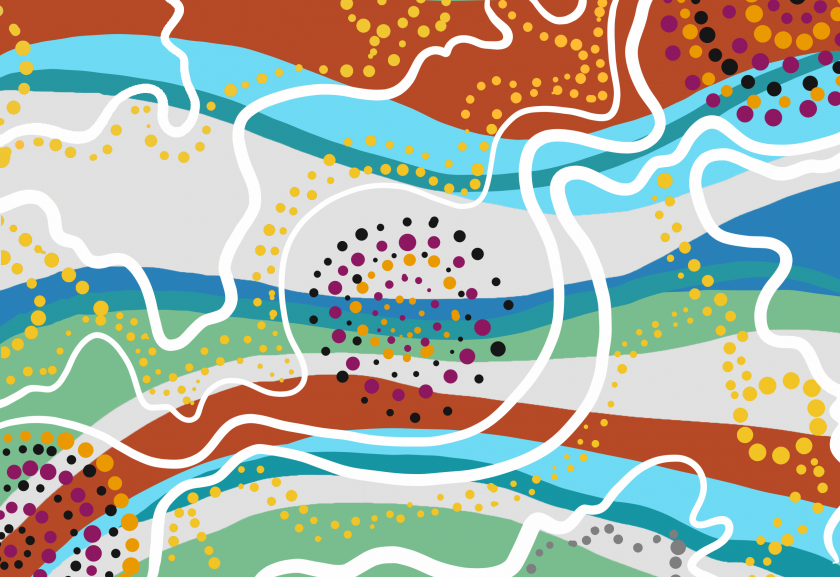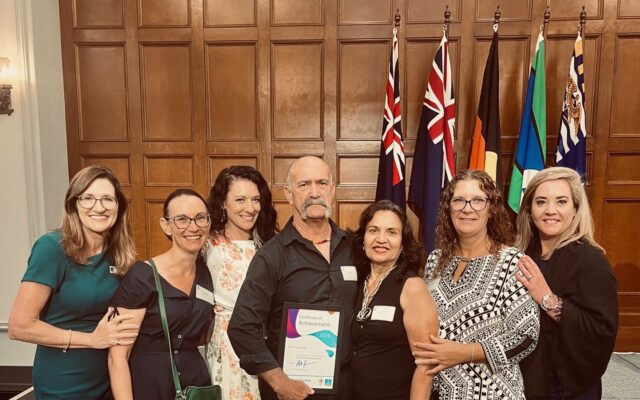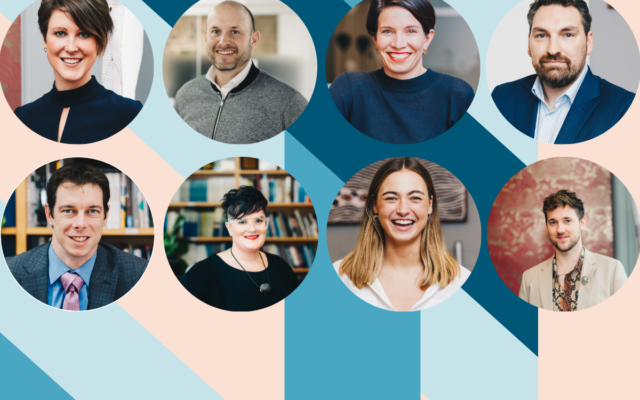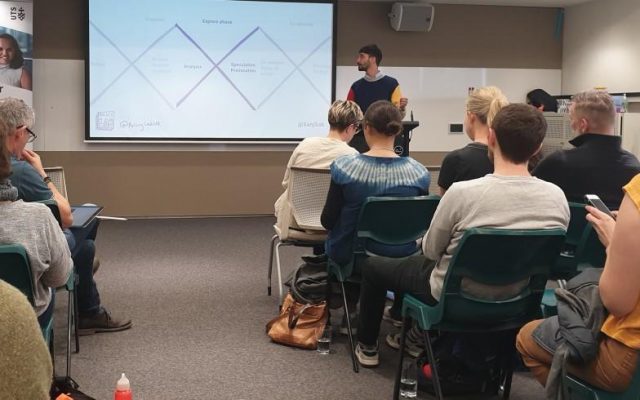
Reconciliation Week – moving from safe to brave
“We need new conversations that don’t get lost in rhetoric, good intentions and feel-good statements. We need the very conversations we often don’t dare to have and are too fearful to start.
We often talk about what black or white Australia want from each other, but rarely do we talk about how we work together to achieve it. Going beyond the rhetoric involves collaborative work that requires each of us to be vulnerable, more authentic and to challenge each other in new ways.” (Lost Conversations, P 12)
It is buoying to hear the new Australian Government is committed to the Uluru Statement of the Heart, and to creating a Marakatta commission to support truth-telling. It’s a timely echo of this year’s Reconciliation Week theme of ‘Be Brave, Make Change’.
Our work offers us an opportunity to work with government agencies, non-government organisations and with the Aboriginal community controlled sector to find braver, more truthful and appropriate ways of working alongside Aboriginal and Torres Strait Islander people to achieve meaningful change.
Genuine reconciliation and partnership to create better outcomes requires more than close working relationships. The historical and ongoing injustices that Aboriginal and Torres Strait Islander communities have and continue to endure requires brave relationships. Aboriginal and Torres Strait Islander people, whose safety has so often been at risk when engaging with government, are asked to be brave enough to trust again. Government agencies and non-government organisations must be brave enough to hear and acknowledge the truth and traumatic consequences of the wrongs perpetuated by governments, and society more broadly.
Bravery is not a one time action. It requires daily practice: being open to hearing new narratives, working within new power structures, listening (instead of talking) and walking alongside, instead of doing to.
I’ve been recently reading Lost Conversations, an excellent book by a group of white and black Australians that unearths the impacts of denying and stepping into formal and informal power, vulnerability and authenticity, in inter-cultural conversations. The chapter on turning ‘lost conversations’ into ‘new conversations’ is particularly informative in the ‘moving from safe to brave’ phase of creating and working towards a shared vision of the future.
It reflects on the need:
- for individuals to own and accept ‘what we bring [our formal or informal power]’
- to value different forms of power
- to find new roles other than ‘victim, saviour, perpetrator and protector’
- to accept the necessity for conflict as a driver of change and;
- to understand that ‘we are all vulnerable in different contexts’ and this can be ‘an asset and an innovator of change’ (Lost Conversations, p74-76).
We are grateful in our work to have the opportunity to play a role in bringing government officials together with Aboriginal and Torres Strait Islander people together to create a safe space together for vulnerability – where the deep listening, and acknowledgement of pain and trauma can occur – so the brave work of relationship building can happen.
We are celebrating Reconciliation Week this week with a reading circle and reflection space for our staff. I look forward to sharing some great quotes from Lost Conversations, and to having some brave and authentic conversations across ARTD.
Read
Lost Conversations – Finding new ways for black and white Australians to Lead together. 2014. Geoff Aigner, Cheryl Godwell, Jane Martin, Grant Paulson, John Rawnsley, Kim Robertson, Liz Skelton, Libby Varcoe, Mark Yettica-Paulson. This book is available free of charge in PDF format from www.lostconversations.com.au




